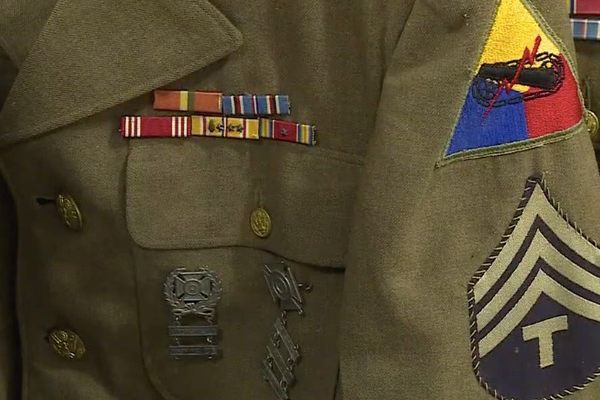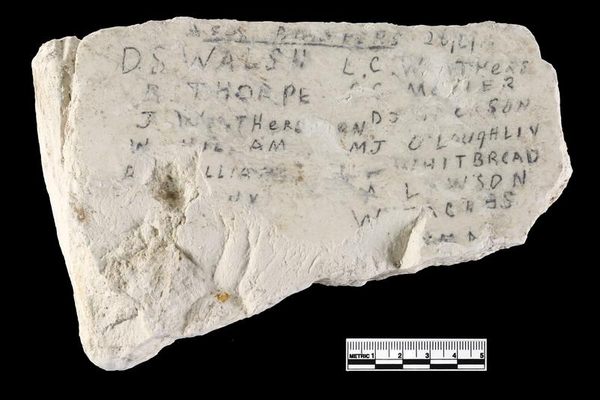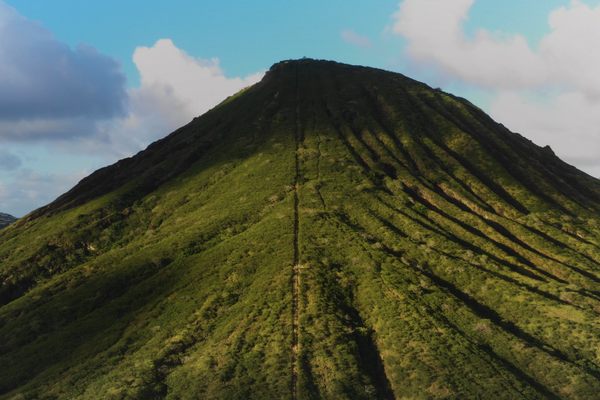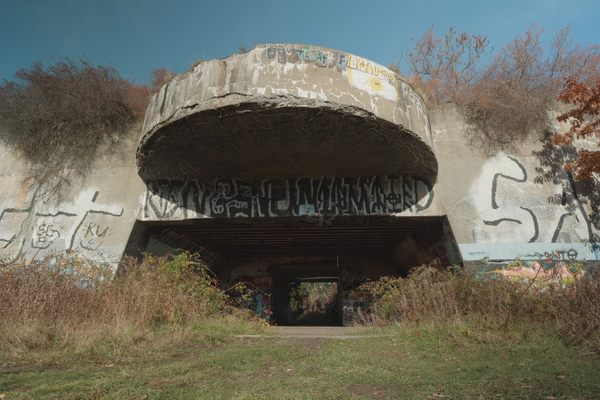FOUND: The Site of a Notorious Roman Massacre

A Gallic surrender (Image: Lionel Royer/Wikimedia)
For years, archaeologists have been finding bones, swords and spearheads at a site near the banks of a river in Kessel, a spot in the Netherlands close to the German border. Now, they think they know what happened there.
More than two millennia ago, in 55 B.C., Julius Caesar had his troops massacre two tribes, the Tencteri and the Usipetes. In his lengthy account of the Gallic Wars, Caesar writes of destroying these groups. They had traveled from the east to ask Caesar to spare them; instead, he ordered his troops to kill them.
The site of this massacre had never been located. But recently archaeologists at Amsterdams’ Vrije Universiteit dated the objects they had found to the first century B.C. They now believe they’ve found the place where Caesar killed the two tribes. It’s the first evidence of Caesar’s presence in what’s now the Netherlands.
Bonus finds: A ship carrying Roman garum, a 40-year-old wallet, possibly the oldest object ever found in Ireland
Every day, we highlight one newly lost or found object, curiosity or wonder. Discover something unusual or amazing? Tell us about it! Send your finds to sarah.laskow@atlasobscura.com.













Follow us on Twitter to get the latest on the world's hidden wonders.
Like us on Facebook to get the latest on the world's hidden wonders.
Follow us on Twitter Like us on Facebook